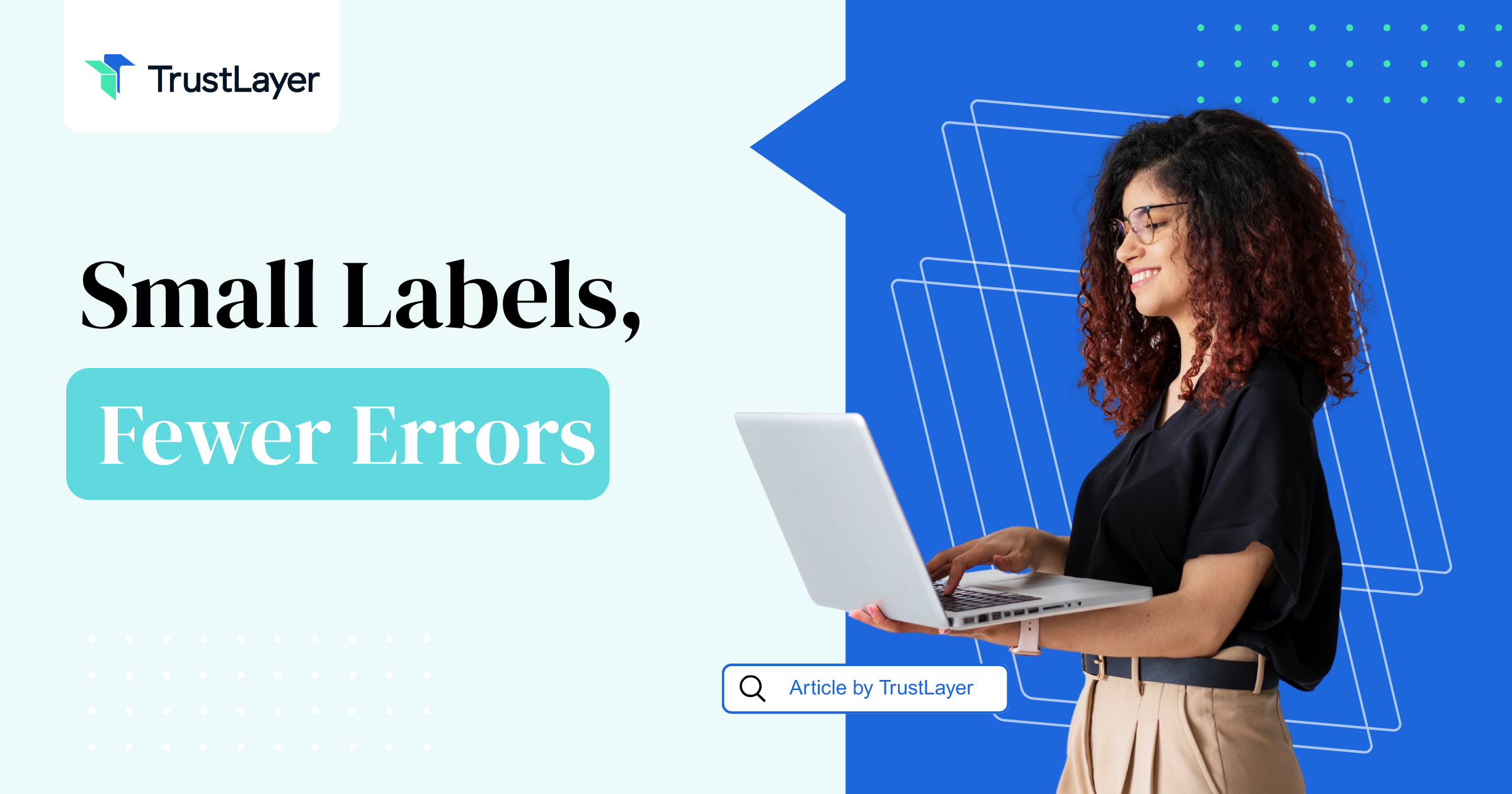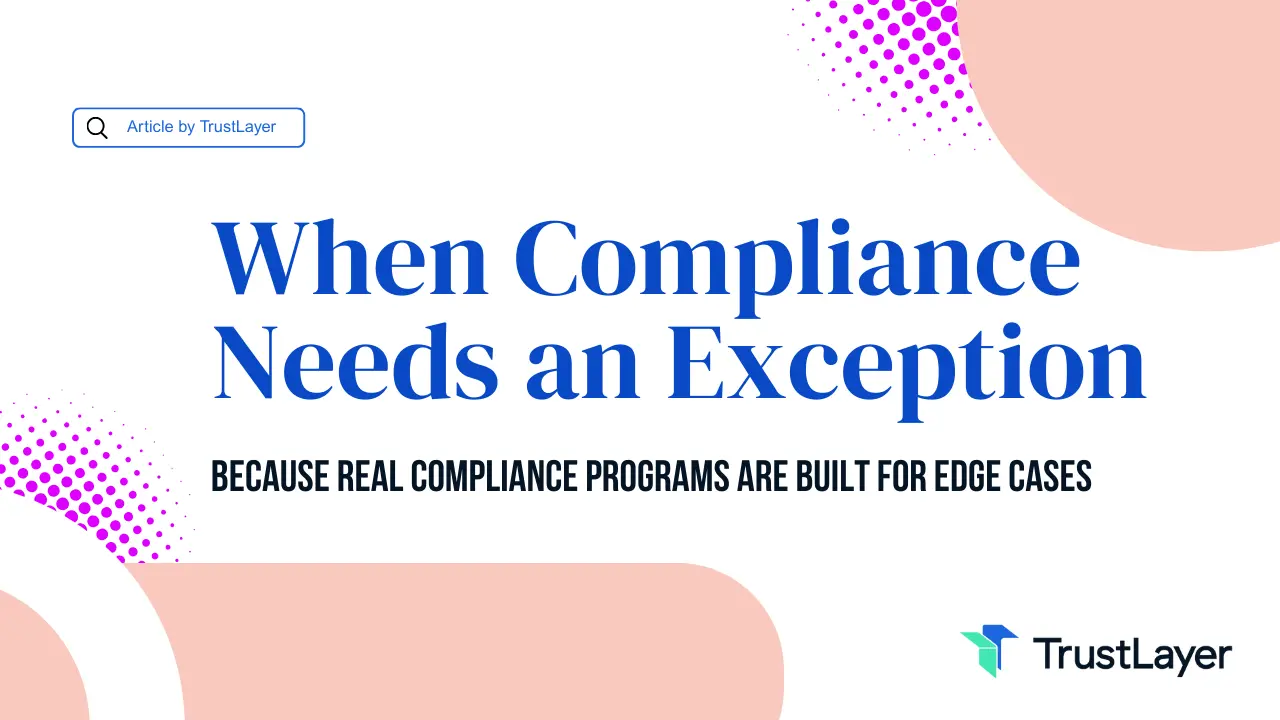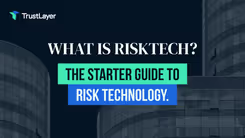Commercial Business Policy and Business Owners Policy?

In the business world, protecting assets and minimizing risks is essential for achieving long-term success. Two key types of insurance that business owners often consider are the Commercial Business Policy (CBP) and the Business Owners Policy (BOP). While both serve to protect businesses from various risks, they cater to different needs and types of enterprises. This article examines the distinctions, benefits, and considerations associated with these two essential policies.
Understanding Commercial Business Policies
A Commercial Business Policy is a comprehensive insurance coverage designed for businesses of various sizes and types. It encompasses a wide range of risks, including property damage, liability claims, and business interruptions. This type of policy is particularly beneficial for larger businesses or those with specific needs that a standard policy may not fully address. The complexity of modern business operations often requires a more nuanced approach to risk management, making these policies essential for safeguarding a company's future.
Key Features of Commercial Business Policies
Commercial Business Policies typically include several key features that can be tailored to meet the unique requirements of a business. These features often encompass:
- Property Coverage: This protects physical assets, such as buildings, equipment, and inventory, from risks including fire, theft, and vandalism.
- Liability Coverage: This aspect shields businesses from legal claims arising from injuries or damages caused to third parties.
- Business Interruption Insurance: This coverage helps businesses recover lost income due to unforeseen events that disrupt operations.
Furthermore, businesses can customize their Commercial Business Policy by adding endorsements or riders that address specific risks, such as cyber liability or professional liability, making it a versatile option for many business owners. For instance, as technology continues to evolve, the threat of cyberattacks has become a pressing concern for many companies. Cyber liability coverage can help mitigate the financial impact of data breaches and other cyber-related incidents, ensuring that businesses can recover swiftly and maintain trust with their clients.
Who Should Consider a Commercial Business Policy?
While a Commercial Business Policy can benefit a wide range of businesses, it is particularly suited for:
- Larger Enterprises: Businesses with significant assets or complex operations often require more extensive coverage.
- Specialized Industries: Companies in industries such as construction, healthcare, or technology may face unique risks that necessitate a tailored policy.
- Businesses with Multiple Locations: Organizations operating in multiple locations may need a more comprehensive approach to insurance coverage.
Ultimately, the decision to opt for a Commercial Business Policy should be based on a thorough assessment of the business's specific needs and risk exposure. Additionally, it is crucial for business owners to regularly review their policies to ensure that they remain aligned with the evolving landscape of their industry. Changes in regulations, market conditions, and operational shifts can all influence the adequacy of coverage, making periodic evaluations essential for maintaining robust protection. Engaging with an experienced insurance broker can also provide valuable insights into the most appropriate coverage options tailored to a business's unique circumstances.
Exploring Business Owners' Policies
A Business Owners Policy, commonly referred to as a BOP, is a bundled insurance solution designed specifically for small to medium-sized businesses. It combines several types of coverage into a single policy, making it a cost-effective and convenient option for many entrepreneurs. This streamlined approach not only saves time during the purchasing process but also enables business owners to focus on their core operations, rather than navigating through multiple insurance policies.
Components of a Business Owner's Policy
BOPs typically include the following essential components:
- Property Insurance: Similar to a Commercial Business Policy, BOPs provide coverage for physical assets, including buildings and equipment. This coverage can be crucial for businesses that rely heavily on their physical assets to generate revenue.
- General Liability Insurance: This type of insurance protects businesses from claims related to bodily injury, property damage, and personal injury. It serves as a safeguard against potential lawsuits that could otherwise jeopardize the financial stability of a small business.
- Business Interruption Insurance: BOPs often include coverage for lost income due to interruptions, which can be critical for small businesses. This component can help cover operating expenses and payroll during times when the company is unable to operate, such as after a natural disaster or a significant equipment failure.
By bundling these coverages, BOPs not only simplify the insurance process but also often come at a lower premium compared to purchasing each coverage separately. Additionally, many insurers offer customizable options within BOPs, enabling business owners to tailor their policies to fit their unique needs and circumstances better.
Who Should Consider a Business Owner's Policy?
BOPs are ideal for small to medium-sized businesses that meet specific criteria, including:
- Low to Moderate Risk: Businesses that do not engage in high-risk activities or have minimal liability exposure. This makes BOPs particularly suitable for retail shops, service providers, and small offices.
- Single Location: Companies operating from a single physical location are often well-suited for BOPs. This allows for a more straightforward assessment of risk and coverage needs.
- Limited Employees: Small businesses with a limited number of employees may find BOPs to be a practical choice. These businesses can benefit from the comprehensive coverage without the complexities associated with larger, more intricate insurance policies.
For many small business owners, a BOP can provide the necessary coverage without overwhelming them with complexity or cost. Furthermore, as businesses grow and evolve, they can revisit their insurance needs and adjust their policies accordingly. This flexibility ensures that as new risks emerge or as the business landscape changes, owners can maintain adequate protection without having to start from scratch. Understanding the nuances of a BOP can empower entrepreneurs to make informed decisions that safeguard their investments and foster long-term success.
Comparing Commercial Business Policies and Business Owners' Policies
When deciding between a Commercial Business Policy and a Business Owners Policy, it is essential to consider several factors that can influence the best choice for a particular business.
Coverage Scope
One of the most significant differences between the two policies lies in their scope of coverage. Commercial Business Policies offer a broader range of coverage options and can be customized to fit specific business needs. In contrast, BOPs provide a more streamlined approach, bundling essential coverages that are typically sufficient for small to medium-sized businesses. For example, a Commercial Business Policy might include specialized coverages such as professional liability, cyber liability, or equipment breakdown, which can be crucial for businesses in industries like technology or healthcare. This flexibility allows companies to address specific vulnerabilities that may not be covered under a standard BOP.
Cost Considerations
Cost is often a deciding factor for many business owners. Generally, BOPs are more affordable than Commercial Business Policies due to their bundled nature and focus on smaller enterprises. However, businesses that require extensive coverage or operate in high-risk industries may find that the investment in a Commercial Business Policy is justified by the level of protection it provides. Additionally, while BOPs may seem like the more economical choice upfront, it’s essential to assess the potential costs of being underinsured. For instance, a business that suffers a significant loss due to inadequate coverage may face financial strain that far exceeds the savings achieved by opting for a BOP.
Flexibility and Customization
Flexibility is another critical aspect to consider. Commercial Business Policies allow for a high degree of customization, enabling businesses to tailor their coverage to their specific risks. On the other hand, BOPs offer limited customization options, which may be sufficient for many small businesses but could fall short for those with unique needs. This lack of flexibility can be a disadvantage for companies that experience rapid growth or changes in operations, as they may need to adjust their coverage frequently. Furthermore, certain industries may have unique regulatory requirements that necessitate specific types of insurance, making a Commercial Business Policy more appealing for businesses in those sectors. By carefully evaluating their operational risks and future growth plans, business owners can make a more informed decision about which policy aligns best with their long-term objectives.
Factors Influencing the Choice of Policy
Deciding between a Commercial Business Policy and a Business Owners Policy involves evaluating various factors that can impact coverage needs and costs.
Business Size and Structure
The size and structure of a business significantly influence the type of insurance coverage that is most suitable. Larger companies with more complex operations may require the extensive coverage offered by a Commercial Business Policy. In contrast, smaller businesses with straightforward operations may find that a Business Owner's Policy (BOP) meets their needs adequately. Additionally, the organizational structure—whether a sole proprietorship, partnership, or corporation—can further influence the type of policy that best suits the business. For example, corporations often face more regulatory scrutiny and may need to protect against a wider array of liabilities, thus leaning towards a Commercial Business Policy.
Industry Type
The industry in which a business operates can also influence its policy choices. Specific industries, such as construction or healthcare, may face unique risks that necessitate a more comprehensive Commercial Business Policy. Conversely, retail businesses or service providers may find that a Business Owner's Policy (BOP) provides sufficient coverage for their operations. Moreover, emerging industries, such as technology and e-commerce, may require specialized coverage options that traditional policies do not offer, prompting business owners to seek tailored solutions that address their specific operational risks and challenges.
Risk Exposure
Understanding a business's risk exposure is vital when selecting an insurance policy. Businesses with higher exposure to liability claims or property damage may benefit from the broader coverage of a Commercial Business Policy. In contrast, companies with lower risk profiles may find that a basic operating policy (BOP) is sufficient for their needs. Factors such as location, customer interactions, and the nature of the products or services offered can significantly affect risk exposure. For instance, a business located in a high-crime area may need additional coverage for theft and vandalism. At the same time, a company that frequently hosts public events may require enhanced liability protection to shield against potential lawsuits stemming from accidents or injuries. This nuanced understanding of risk can guide business owners in making informed decisions about their insurance coverage, ensuring they are adequately protected against unforeseen events.
Conclusion
In conclusion, both Commercial Business Policies and Business Owners Policies serve essential roles in protecting businesses from various risks. While a Commercial Business Policy offers extensive coverage and customization options suitable for larger or specialized companies, a Business Owners Policy provides a cost-effective solution for small to medium-sized enterprises.
Ultimately, the choice between these two policies should be guided by a thorough assessment of the business's unique needs, size, industry, and risk exposure. By understanding the differences and benefits of each policy, business owners can make informed decisions that safeguard their investments and ensure long-term success.
As the business landscape continues to evolve, staying informed about insurance options and adapting to changing needs is critical for all business owners. Whether opting for a Commercial Business Policy or a Business Owners Policy, having the right coverage can make all the difference in navigating challenges and seizing opportunities.
As you consider the right insurance policy to protect your business, remember that managing your risk effectively in today's fast-paced world also means staying ahead with innovative tools and solutions. TrustLayer is revolutionizing the way companies handle the administrative burden of document collection and verification, including certificates of insurance (COIs). Our platform is designed to automate and streamline these processes, saving you time and money and allowing you to focus on what you do best if you're ready to embrace the future of risk management and want to see how TrustLayer can transform your business, set up a time to talk with our team and take the first step towards modernizing your risk management practices.
















